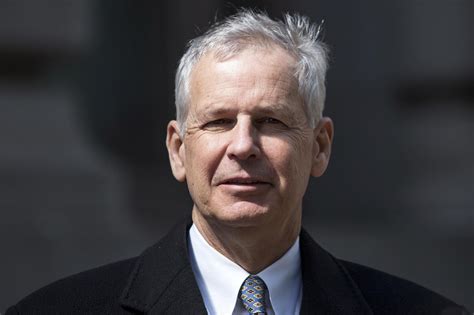A Quote by Jeff Berwick
I think, at the end of the day, Stockhouse will have free services supported by advertising, but we'll also have a number of subscription services.
Related Quotes
The only way you survive on all these services is if you're groundbreaking. There's pressure to be groundbreaking, which is the greatest thing that's ever happened. It's a bizarre aspect of what's happened with all of these subscription services is everyone is trying to outdo each other by doing great things.
It wasn't that people wanted things for free and asked for advertising to fund it - it's that these companies wanted to amass an audience whose "eyeballs" they could sell, and they gave people things for free to do that. Free services and content has been foisted upon us because there wasn't the will power to explore other options.
I love the fact that Satya Nadella's checked the checkbox for cross-platform for a number of our services. I still think it's very important to do the right kind of innovative integration across Windows and our hardware platforms with our cloud services. I think the company's doing a lot of good stuff. Real competition in AWS. Real competition in terms of the clients, particularly from a hardware perspective, there's also [competition] from Chrome. But all in all pretty good.
Classical economics values things by seeing how much someone will pay for them. But this is where classical economics is wrong. What it fails to account for are all the 'externalities' - the services people regard as free goods: pollination services, flood protection, climate regulation, soil stabilization, carbon sequestration.
I have read a great deal of economic theory for over 50 years now, but have found only one economic "law" to which I can find NO exceptions: Where the State prevents a free market, by banning any form of goods or services, consumer demand will create a black market for those goods or services, at vastly higher prices. Can YOU think of a single exception to this law?


































